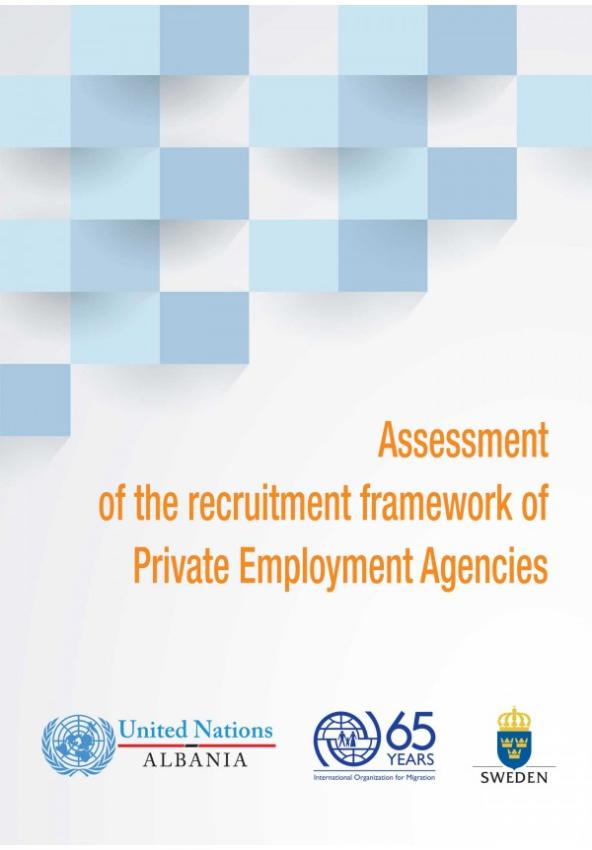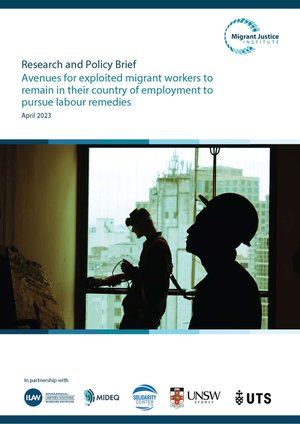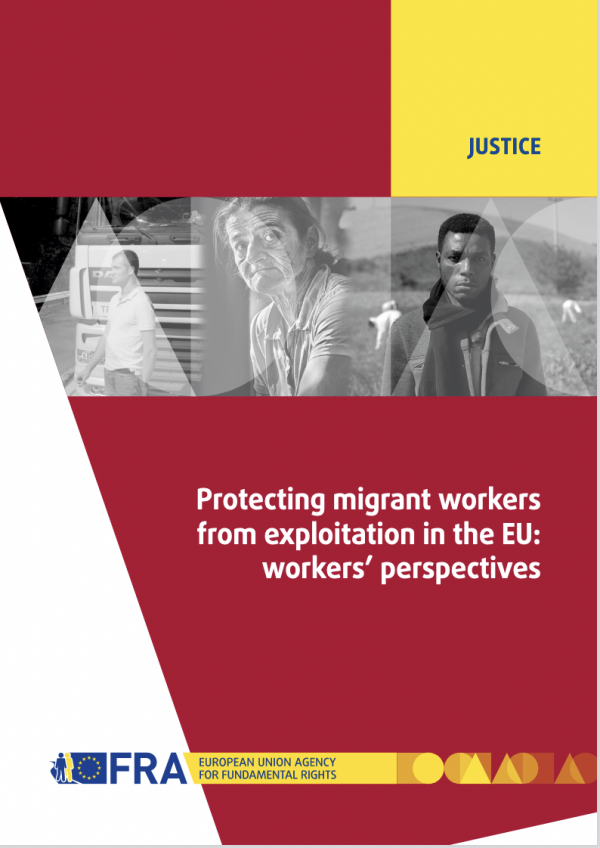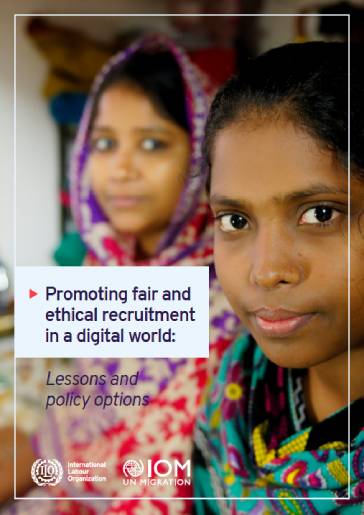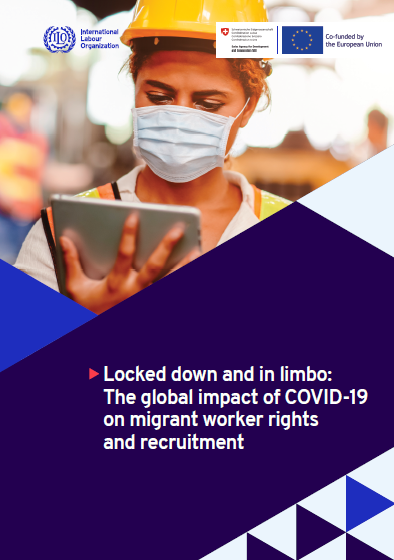10 Years of the Fair Recruitment Initiative: Milestones, Impact, and the Road Ahead
Discussion forum following the Fair Recruitment Initiative's 10-year anniversary webinar. Please feel free to continue the conversation here by posting questions and engaging with others./
Forum de discussion faisant suite au webinaire organisé à l'occasion du 10e anniversaire de l'initiative pour un recrutement équitable. N'hésitez pas à poursuivre la conversation en posant des questions et en échangeant des points de vue avec les autres participants./
Discussion forum following the Fair Recruitment Initiative's 10-year anniversary webinar. Please feel free to continue the conversation here by posting questions and engaging with others./
Forum de discussion faisant suite au webinaire organisé à l'occasion du 10e anniversaire de l'initiative pour un recrutement équitable. N'hésitez pas à poursuivre la conversation en posant des questions et en échangeant des points de vue avec les autres participants./
ILO Webinar on Public Employment Services: an insight into different good practices
Posted at July 4th 2023 12:00 AM | Updated as of July 4th 2023 12:00 AM
Region/Country : , , ,
|Themes : ,
New EMN study published: Integration of migrant women
Posted at September 7th 2022 12:00 AM | Updated as of September 7th 2022 12:00 AM
Region/Country :
|Themes : , ,

